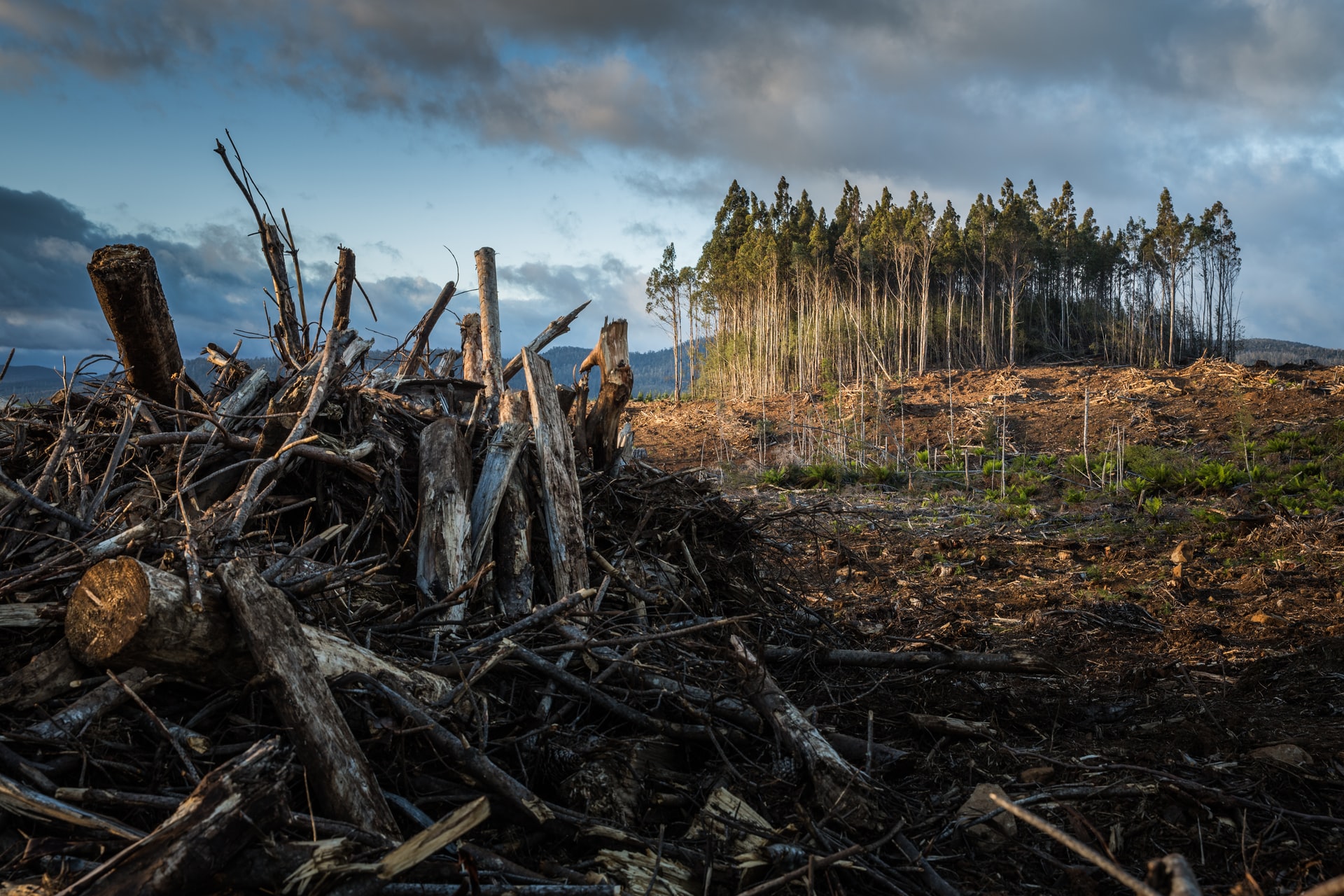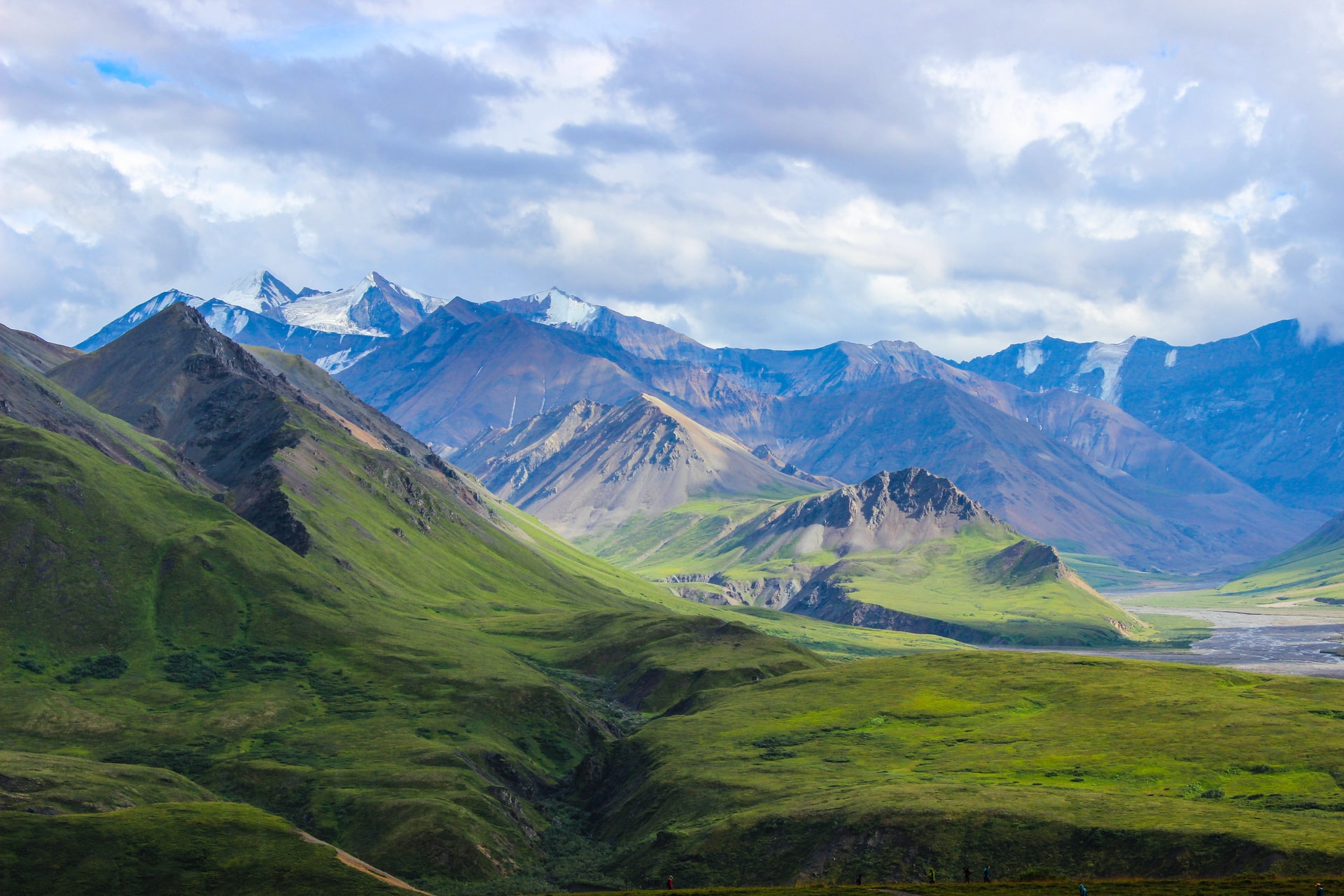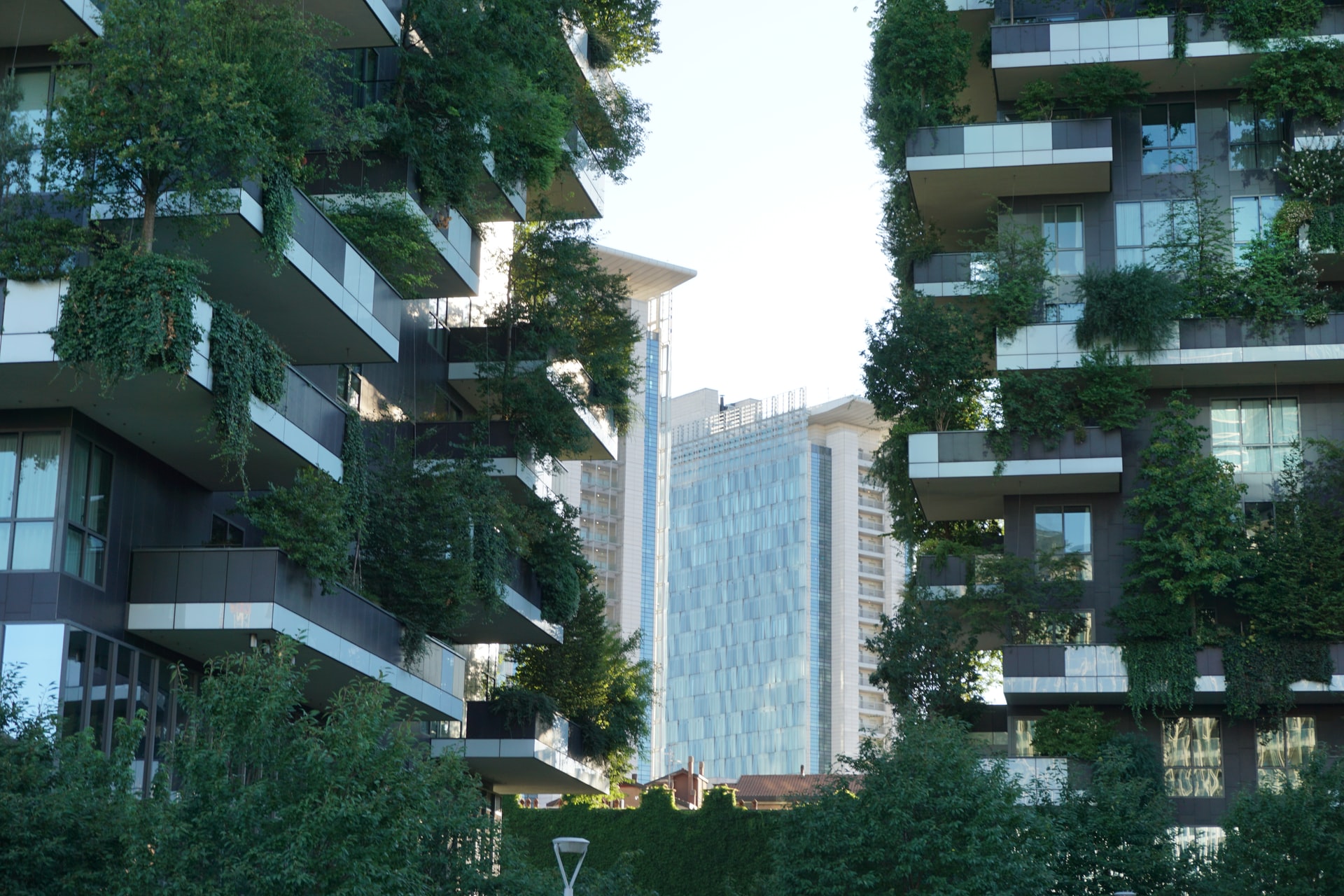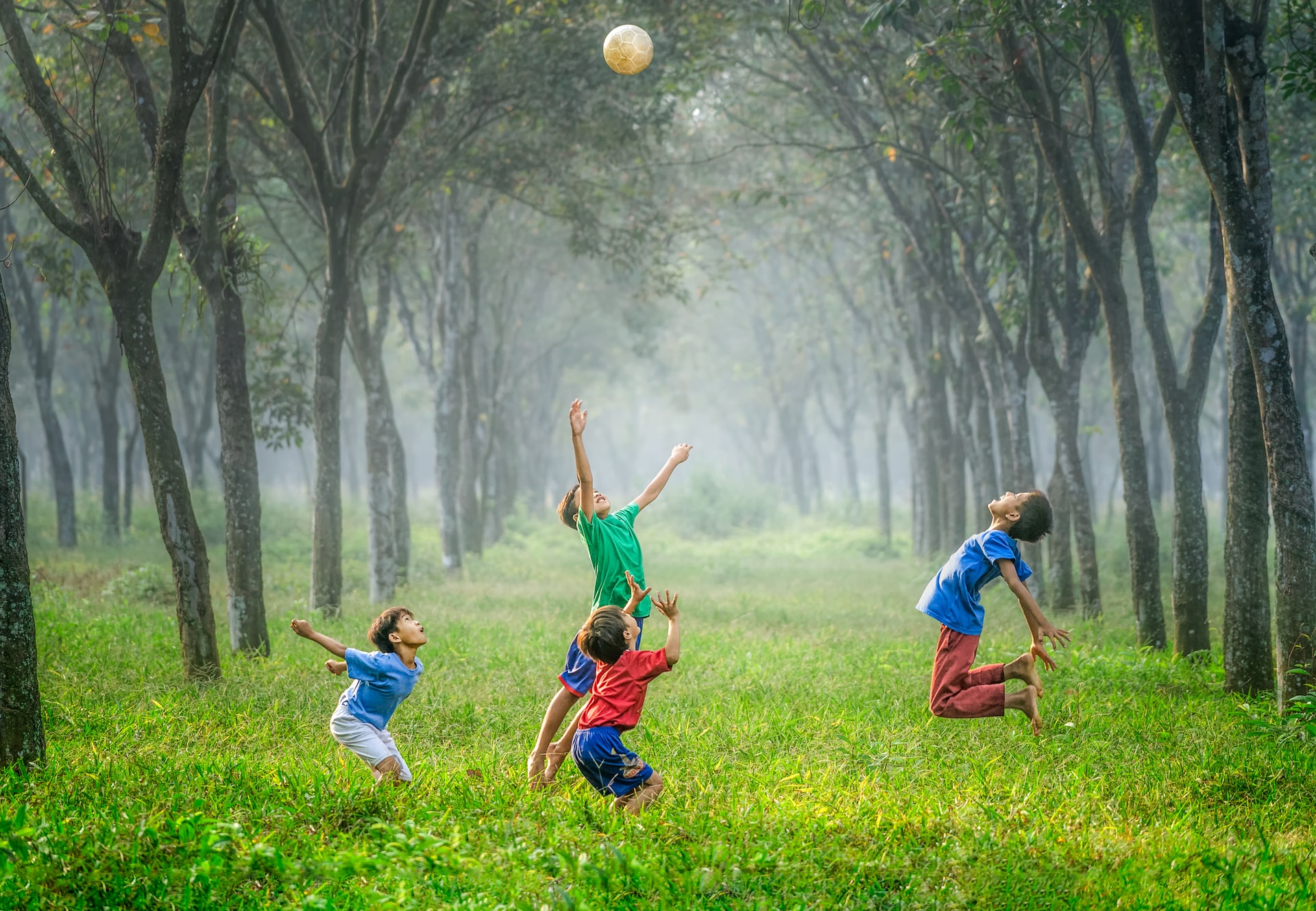COP26 dominated news cycles last November, but since then other stories have grabbed the attention of the world – political developments, new variants, and notably the war in Ukraine. In this post, Dr Shivali Fulchand discusses the necessity of action on climate change and how it can maintain a collective focus, particularly when framed by shared values. Drawing on her Hindu tradition, Fulchand discusses the concepts that compel her to care for the planet and take meaningful action.
The LSE Religion and Global Society blog is pleased to host this series on the environment and religion, showcasing how faith communities respond to and influence the discourse around climate change. This series features voices from specialists, diplomats, and activists on the topic.
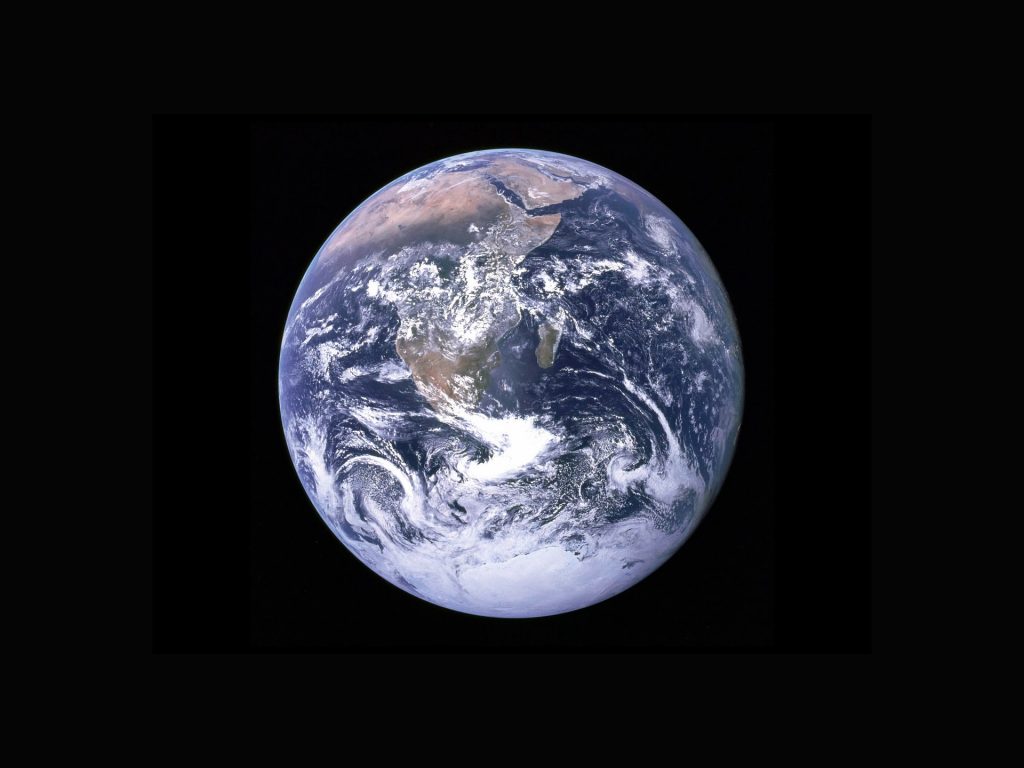
The past few years have felt turbulent and volatile to say the least – a pandemic, the war unfolding in Ukraine and the looming threat of climate change. It can be confusing to understand what to focus on, because with so many urgent issues – how do we ever address the important, but seemingly less ‘urgent’? Climate change often feels like one of those issues. It is something we should do something about – but no one has the time to really think about it. Both the pandemic and the war in Ukraine have demonstrated that we do have capacity to act immediately if required. We have seen over 200 of the largest companies from American Express to Netflix, not just discussing and starting campaigns and groups, but actively withdrawing from Russia. This is incredible because companies are really demonstrating the impact they can create in a short period of time.
My second question from these recent events – is there ever an ideal time? Just speak to your grandparents. I know my only living Grandmother would tell me about the poverty in India following the end of British rule, the aftermath of the effects of partition and how she had to flee Uganda due to military dictatorship. Time does not wait for a perfect moment; we are the creators of our perfect moments. If we know that climate change is a critical threat that poses environmental breakdown, more food insecurity and wars, and greater gender inequality, then the most challenging question for me is why do we fail to act? Because, if we look at the urgency of our leaders when faced with a war or pandemic, didn’t COP26 look more like a tea party?
My perspective is that this comes down to the sum of our collective values in society. This starts from primary school. We are taught to count and read, and we are asked to dream about what we will do when we grow up, or, put in other words, our utility to society to support economic growth. Even paths that are more creative in nature eventually come down to who earns the most. And for modern professions, like an Instagram influencer, observing the ‘number of views’ and ‘likes’ reflects their (usually high) income.
How often at any stage of our life are we asked to deeply analyze our values or to be reminded of our reliance and connection to the world around us? Unless you have a spiritual inclination or have delved into motivational literature, perhaps not often. I grew up as a Hindu in the UK and whilst school gave me the necessary foundation to build a career, it was within the home and the Hindu community where I developed my internal compass.
From my family and community, I learnt that life should be taught to be viewed as circular, rather than linear. I understood that every action has a reaction, after death there will be birth again (of all types of species). As our bodies decompose, we become part of the universe. Or as I also learnt in physics, “energy is neither created nor destroyed”. The Sanskrit term that summarizes this concept is Vasudhaiva Kutumbakam, which means one world family. The Earth is a part of us as we are to it.
The second philosophical concept that I learnt was sama-darshana, which means to see with equal vision. Whether we look at a human being, an animal, an ant or a plant – we see the energy of life within everything. This means that even if we take a plant or an animal for food, we treat them with great respect because we recognize our absolute dependence on them. Cruel methods of enclosing farm animals and destruction of forests are therefore against both concepts of ‘one world family’ and ‘equal vision’.
At COP26, Jeff Bezos said that his flight to space and looking back down to Earth from his vantage point made him realize that ‘Earth is beautiful, but fragile’. He then pledged to donate $2bn for conservation efforts. Unfortunately, for the majority of us (at least in our generation), will never have such an opportunity. Therefore, we must recognize that, without a space flight, our Earth is beautiful, she is fragile and she needs care.
This appreciation and understanding must start from childhood and be nurtured throughout our lives. This is arguably the greatest responsibility of our leaders in the next 50 years, so we must start by asking ourselves – is it time to achieve environmental growth and not just economic growth?
Note: This piece gives the views of the author, and not the position of the LSE Religion and Global Society blog, nor of the London School of Economics.


